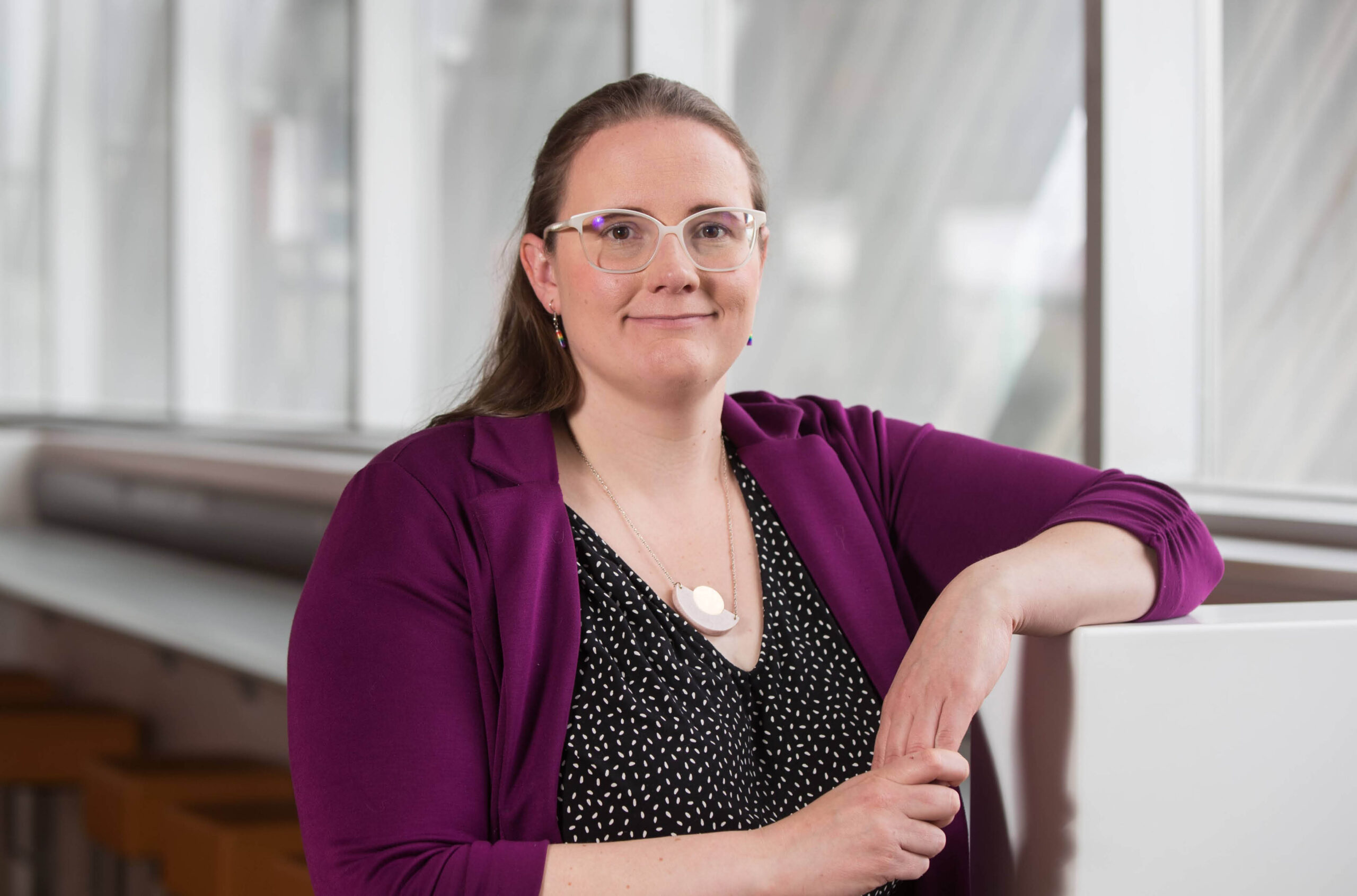Indigenous wisdom transforms science and mathematics learning in Ghana
IDRA scholarship recipient Kenneth Gyamerah worked with teachers to bring traditional knowledge into science and technology classes.

Originally from Ghana, Kenneth Gyamerah earned his PhD in Education from Queen’s University in 2024 and was awarded an International Doctoral Research Award (IDRA) in 2022. Currently an Assistant Professor at Ontario Tech University, he spoke to us about his field research that resulted in the co-creation of a pedagogical guide for integrating Indigenous knowledge into science and mathematics teaching.
Q: Can you describe the field research you conducted under your IDRA and how you used your research findings?
A: My doctoral research explored the role of African Indigenous knowledge systems and pedagogies in decolonizing and transforming STEM learning in Ghana. My field research involved data collection from teachers in two regions of Ghana. A key outcome of this research is pedagogical guide, co-created with teachers, to help educators authentically integrate Indigenous Ghanaian knowledges and pedagogies into their STEM teaching. This guide is now being used by teachers in Ghana. Since completing my doctoral research in 2024, I have applied my findings in teaching my students and have also disseminated my research through engagements with researchers, educators and policymakers in Ghana and Canada.
Q: What have been the most significant takeaways from your experience as an IDRA recipient?
A: I would say that being a recipient of the International Doctoral Research Award has been an incredibly rewarding experience, both academically and professionally. One of the most significant takeaways has been the opportunity to be part of a network of scholars committed to research that drives meaningful change and sustainable development. Also, connecting with other IDRA recipients has provided a sense of community, opportunities for intellectual exchange, and a broader perspective on the diverse ways research can inform policy and practice.
Another key takeaway is the support provided by the IDRC team, which made it possible for me to travel to Ghana and engage directly with educators and knowledge holders. Without this support, it would have been challenging to carry out such an immersive and impactful research project. The funding allowed me to focus on my research, which helped me complete to my PhD in less than four years and to secure a faculty position.
Q: What key knowledge dissemination activities have you participated in to contribute to policy discussions on STEM education in Ghana and other parts of Africa? In what ways, if any, did these experiences influence your professional journey?
A: Through my research, I have engaged in several knowledge mobilization activities to contribute to policy discussions on STEM education in Ghana and other parts of Africa. I have presented my findings at major academic conferences, including the Canadian Society for the Study of Education (CSSE) and the American Educational Research Association (AERA). Beyond conferences, I have shared my research findings through three academic podcasts to reach a broader audience. Two of these podcasts focus on African-based education, while the third is based in Canada. Also, I was invited by the Society of Graduate and Professional Students (SGPS) at Queen’s University to present my research during the UN SDG Research Day in 2024. These platforms have allowed me to engage in meaningful conversations about decolonizing education and promoting culturally responsive STEM learning. Currently, I have two academic papers from my doctoral research under review and one book chapter in press.
Q: Based on your experiences as an early career researcher, what advice would you offer to other IDRA recipients aiming to enhance their research outputs and knowledge dissemination efforts?
A: As an early career researcher, I have learned that conducting impact-driven research requires effective knowledge mobilization strategies that engage multiple stakeholders. Based on my experience, here are three key suggestions for other IDRA recipients:
- Knowledge mobilization extends beyond journal articles. Try to engage with policymakers by sharing policy briefs that outline your research findings and recommendations. Also, share your research findings with communities, because research is most impactful when it informs both policy and practice.
- Leverage different platforms for knowledge sharing by taking advantage of social media, blogs and podcasts. Moreover, presenting work-in-progress at academic conferences allows you to receive relevant feedback from the scholarly community. This way, you can refine your research before final publication.
- Prioritize publishing and engaging in ongoing dialogue in your field. I encourage IDRA recipients to publish their research in academic journals and as book chapters. Also, they should remain actively engaged in public conversations in their respective fields. For instance, writing opinion pieces or participating in panel discussions, policy dialogues, etc., ensure that your findings contribute to real-world change beyond academia.
Featured Jobs
- Medicine - Associate or Full Professor Professor (Kidney Health)Université de Montréal
- Engineering - Assistant or Associate Professor (Robotics & AI)University of Alberta
- Sociology - Tenure-Track Position (Crime and Community)Brandon University
- Architecture - Assistant Professor (environmental humanities and design)McGill University
- Finance - Faculty PositionUniversity of Alberta










Post a comment
University Affairs moderates all comments according to the following guidelines. If approved, comments generally appear within one business day. We may republish particularly insightful remarks in our print edition or elsewhere.